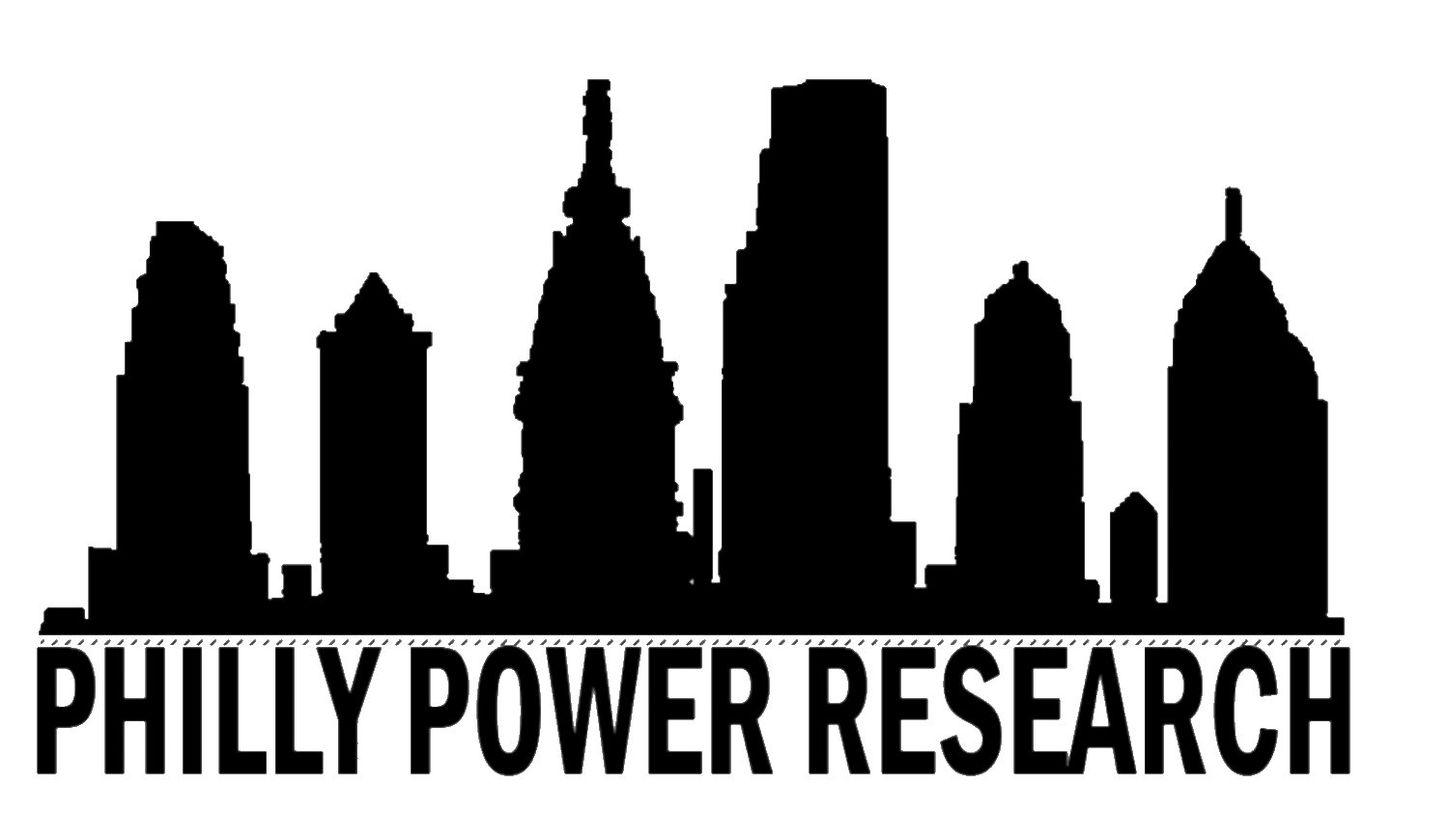Glossary
There are a lot of terms in this work that are thrown around. But what do they really mean? Is there a word you want on here? Email us!
BIRT (Business Income Receipts Tax): A tax imposed by the city of Philadelphia on profits and revenue of companies based in Philly. This tax brought in $435.1m in FY2017, a little under 9% of total city revenue.
Dark Money - In US politics, "dark money" refers to political non-profit organizations which can receive unlimited corporate, individual, or union contributions that they do not have to make public, and though their political activity is supposed to be limited, the IRS – which has jurisdiction over these groups – by and large has done little to enforce those limits. For more check out the Dark Money Primer.
Keystone Opportunity Zones - Keystone Opportunity Zones (KOZs) are defined, parcel-specific areas where a KOZ property owner and/or business located in a KOZ receives greatly reduced or tax-free status.
The Commonwealth of Pennsylvania created The Keystone Opportunity Zone Program in 1999 to spur investment in areas where little or no development has taken place. Since its inception, Pennsylvania and Philadelphia amended the program to designate new sites throughout the City.
LOOP (Longtime Owner Occupants Program) is a Real Estate Tax abatement for homeowners who have had their property taxes triple (go up by 300% or more) from one year to the next, and have lived in their home for 10 years or more.
PILOT (Payment In Lieu Of Taxes) - is a payment made to compensate a government for some or all of the property tax revenue lost due to tax exempt ownership or use of real property.
PILOTS for nonprofit organizations are voluntary. However, some cities want this to change. At issue are the vast amounts of land owned by universities, hospitals, churches, and other nonprofit organizations. The tax-exempt status granted to these entities by the IRS means that property taxes that would have been paid to municipalities had this land been owned by private individuals or companies are not collected.
SRC (School Reform Commission) was the governing body of the School District of Philadelphia. It governed all public schools (District-run and charter schools) and oversaw all policy and financial matters for the School District of Philadelphia until 2017. The SRC was installed in Philly in 2001 as part of a deal between city and state officials. After organized pressure from teachers, students, and parents Mayor Kenney dissolved the commission and the city took back control of school governance from the state.
TIF (Tax Increment Financing) The Commonwealth of Pennsylvania has approved the Tax Increment Financing Act that authorizes the taxing bodies of the City of Philadelphia (the City and School District) to create geographic areas (“TIF Districts”), where certain increases in tax revenue may be used to finance improvements in the TIF District. The TIF loan is usually funded by a private lender, i.e. bank, and is paid by the incremental taxes from Real Estate, Use and Occupancy, City Sales and Business Privilege.
Tax Abatements - reduction of or exemption from taxes granted by a government for a specified period, usually to encourage certain activities such as investment in capital equipment. A tax incentive is a form of tax abatement.SRC (School Reform Commission) was the governing body of the School District of Philadelphia. It governed all public schools (District-run and charter schools) and oversaw all policy and financial matters for the School District of Philadelphia until 2017. The SRC was installed in Philly in 2001 as part of a deal between city and state officials. After organized pressure from teachers, students, and parents Mayor Kenney dissolved the commission and the city took back control of school governance from the state.
Urbanist - This is a loaded term. It technically means someone who is an expert in or an advocate for urban planning. It has come to mean a kind of person interested in urban planning initiatives which, while not really bad, tend to benefit middle class people with little regard to what works for poor or working class people. This can include a variety of initiatives depending on the city or neighborhood, and are often linked with policies that encourage or advance gentrification and displacement.
